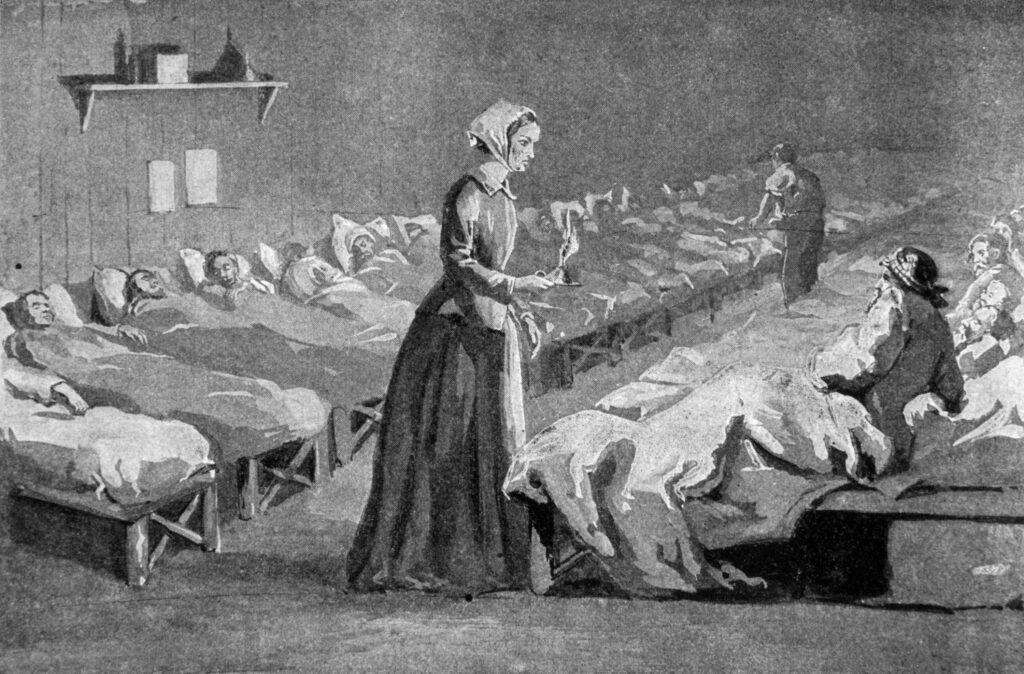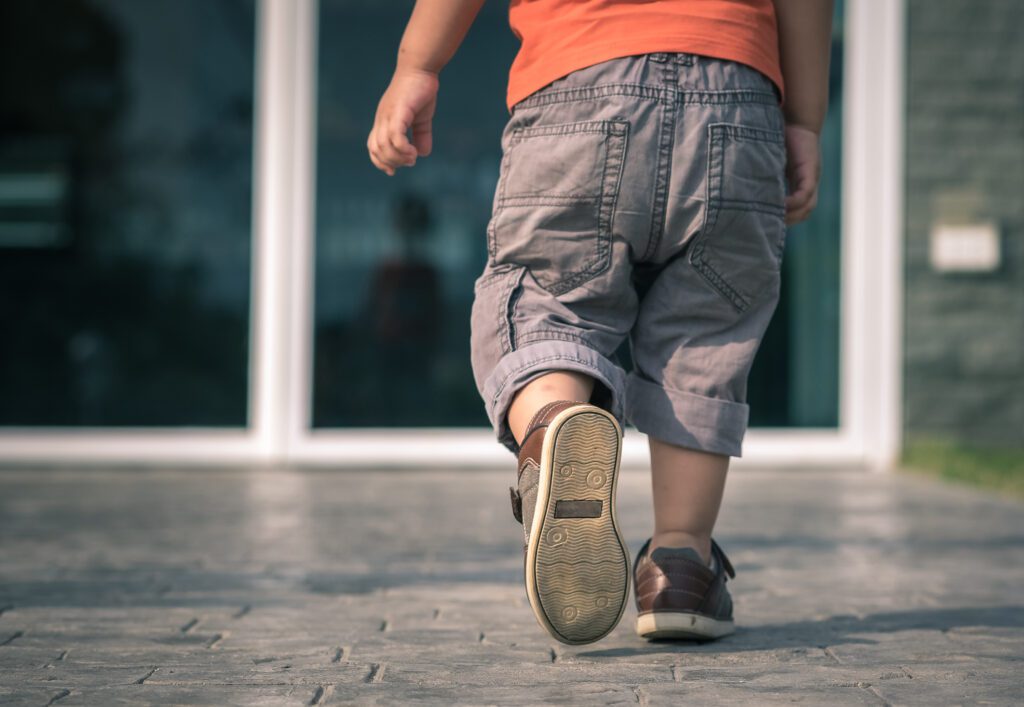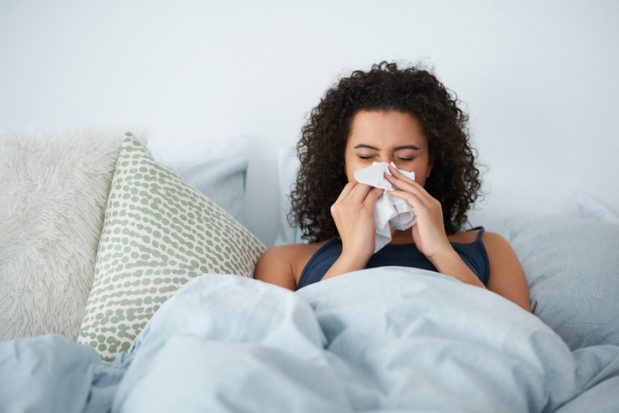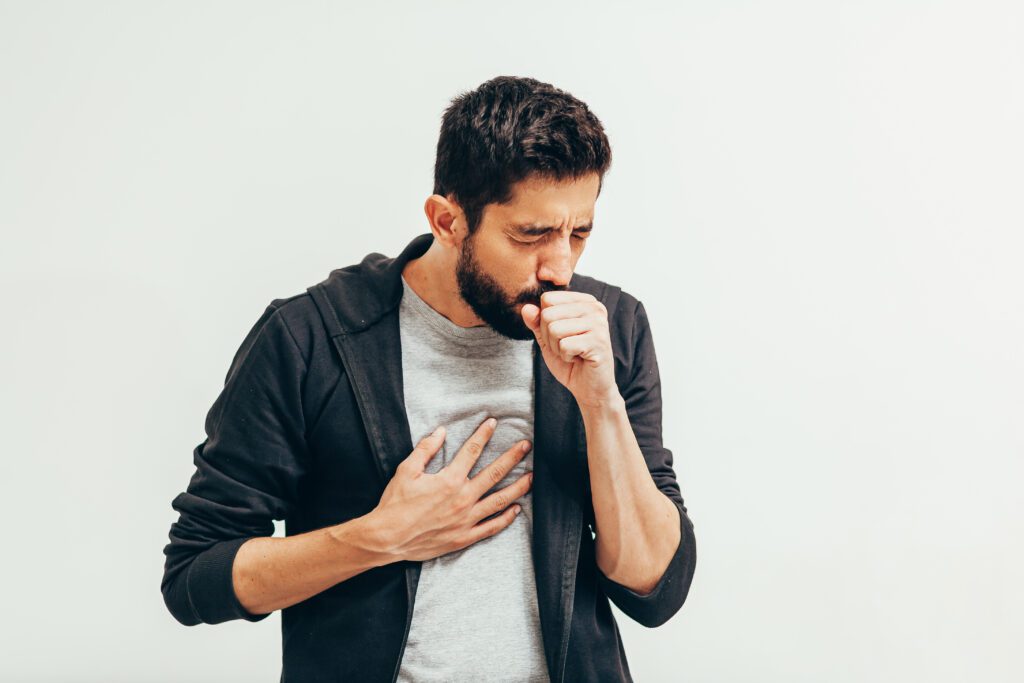As Summer approaches, we look forward to travelling, taking holidays, attending events and enjoying more time outdoors. There are some simple things we can all do to stay safe throughout summer and to keep illness at bay as we enjoy the longer days and better weather.
Two years ago, we launched the SARS-CoV2- Immunity and Reinfection Evaluation Study, known as SIREN, the largest of its kind globally. The study set out to find answers to some of the most important questions about COVID-19. The SIREN study …
Breathing in polluted air affects our health, reduces our life expectancy, and costs our society billions of pounds each year. It is estimated that two million healthy life years are lost in Europe due to the impacts of poor air …
UKHSA is urgently investigating a number of monkeypox cases recently identified in the UK. You can find our updates on this GOV.UK page. Monkeypox is a viral infection usually associated with travel to West Africa. This is the first time …
Each year, on 12 May, I take great pride in celebrating and showing my appreciation for nursing colleagues working across the health and care system on International Nurses Day. This date marks the birth date of Florence Nightingale in 1820. …
Since January 2022, we have detected an increase in the number of acute (sudden onset) hepatitis cases in the UK in children aged 10 and under. This blog looks at the symptoms of hepatitis, how to avoid spreading childhood infections and what to do if your child is unwell with symptoms of a viral infection.
Changes to how we carry out and support COVID-19 testing mean that ‘Pillar 2’ testing data, which includes community LFD and PCR testing of both symptomatic and asymptomatic cases, will no longer provide the same volume of data; it will therefore not be the key component of our weekly reports, which will be dominated by …
Learning to live with COVID relies on us all taking sensible actions to help stop the spread of the virus and other respiratory infections, which in turn will help to protect those who are most vulnerable.
After more than two years of the COVID-19 pandemic, all corners of our lives have been impacted by the virus whether it’s our health, work, education, or social lives. But we learned very early on that some communities felt the consequences of COVID-19 harder than others, and although the picture has improved, that’s still as …
To mark World TB Day, this blog looks at the current picture for TB in England, including the work being carried out to meet the WHO target of 90% reduction in people with TB from 2015 to 2035.










